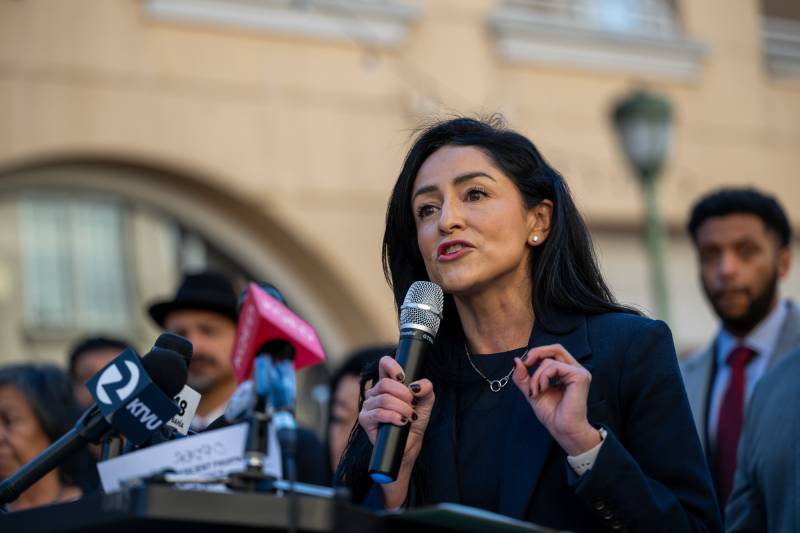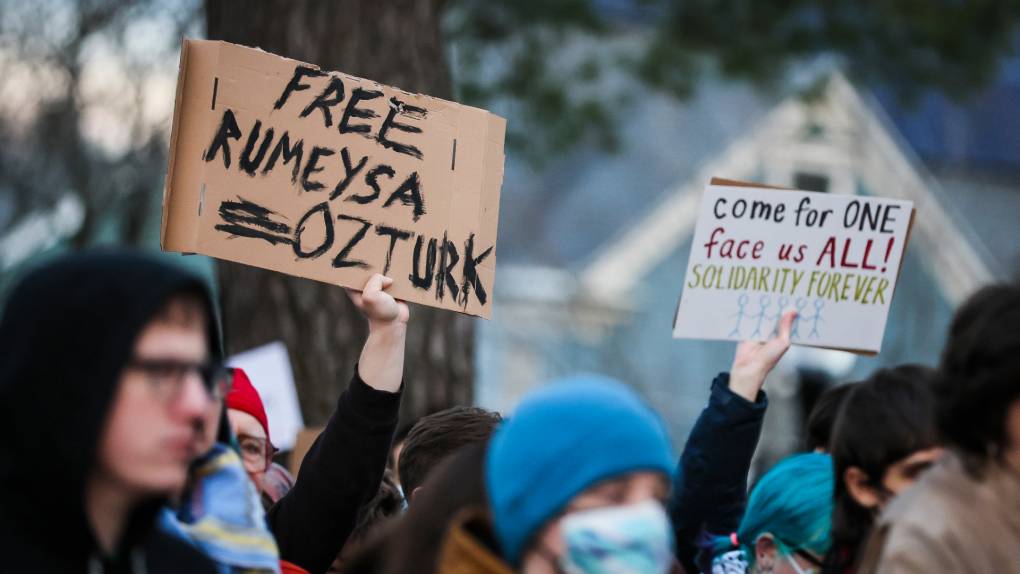As the Trump administration intensifies attacks on immigrant communities, Alameda County supervisors voted Tuesday to allocate roughly $1.3 million to the Alameda Public Defender’s immigration unit, which provides legal representation to people facing possible detention and deportation.
The one-time emergency funds will help support the immigration unit for two years — $80,000 has been earmarked for fiscal year 2025, while $1,300,000 will be set aside for fiscal year 2026. Most of the money will be used to expand the office through the hiring of additional immigration attorneys and support staff, while the remaining funds will be used to cover litigation costs in criminal and immigration courts.
“There are people who are being stopped, detained, held in custody … and sent back to countries where they might be tortured or executed, and they don’t have access to counsel,” said Brendon Woods, Alameda County’s public defender. “People are being removed from this country when they actually have a legal right to stay here, but they don’t have a lawyer representing them to enforce that right.
“That’s why we’re doing it.”


